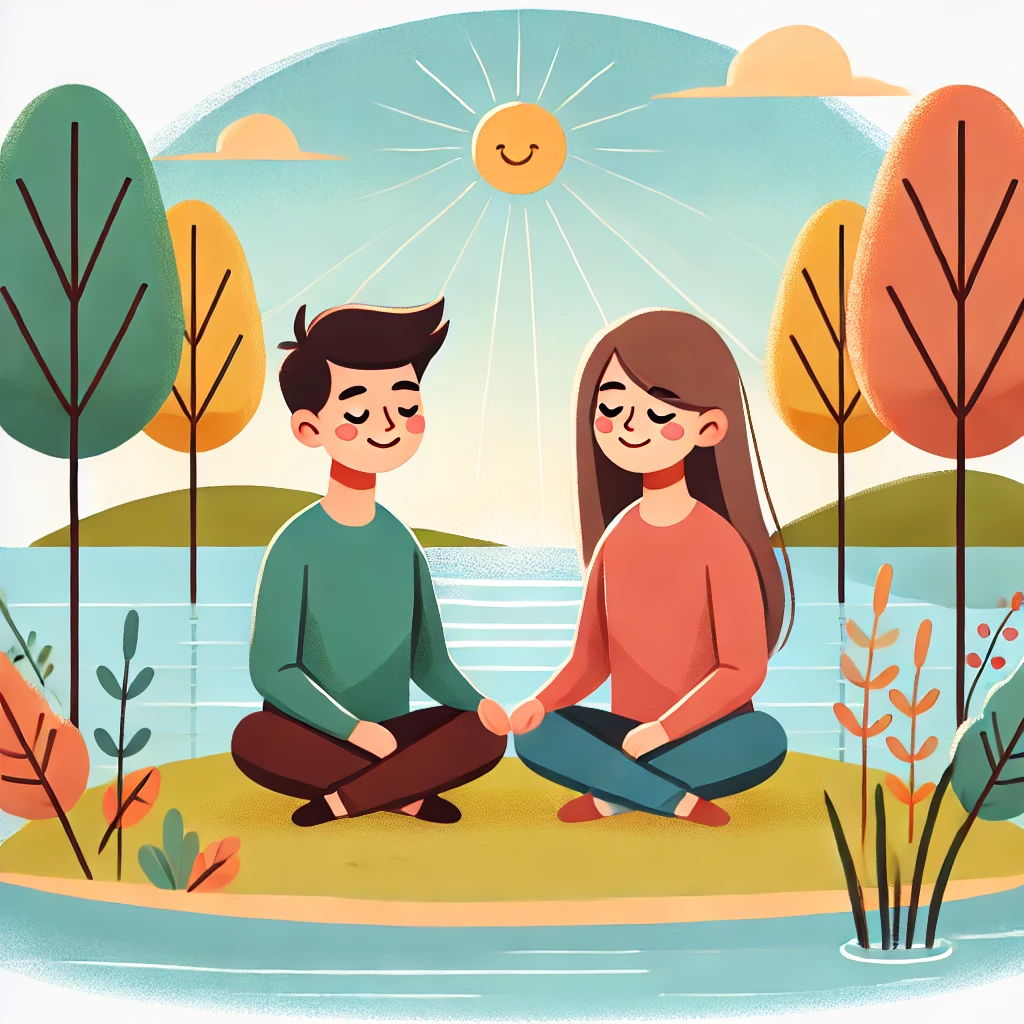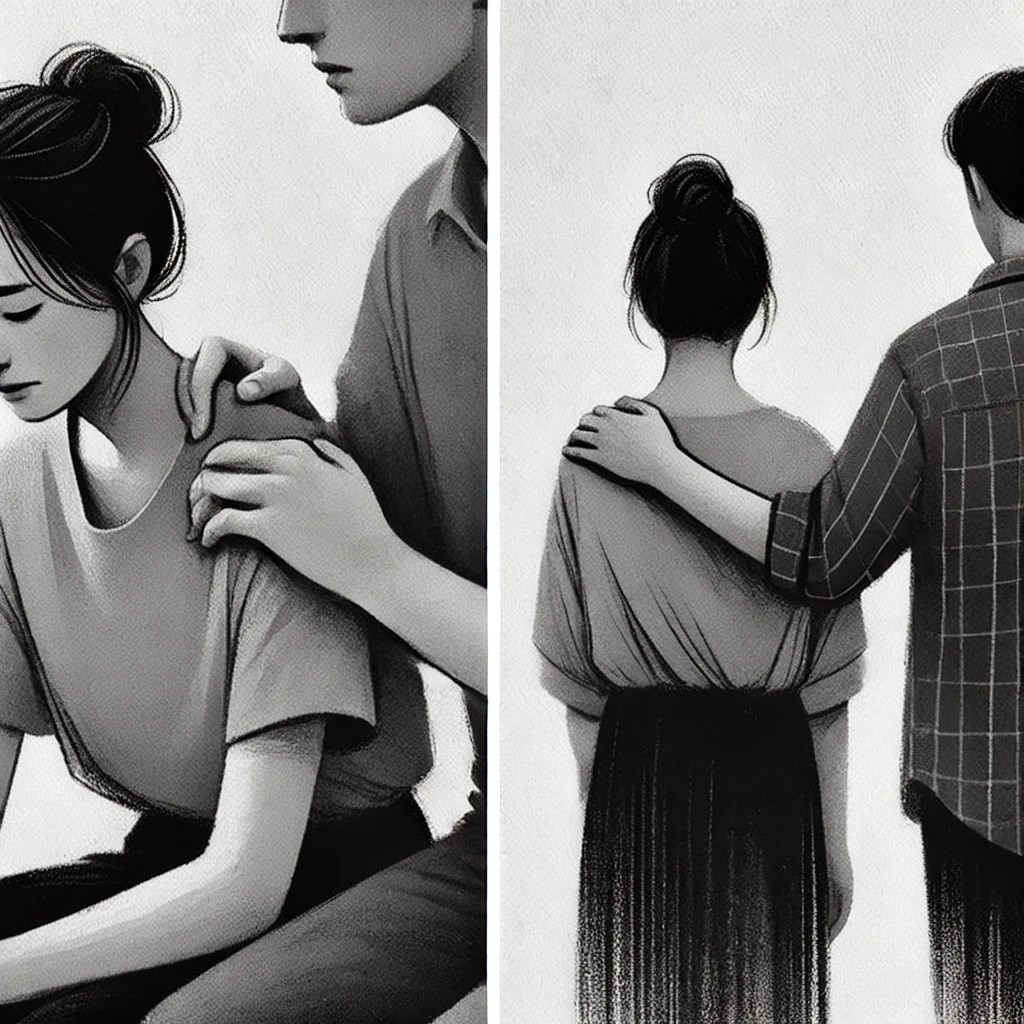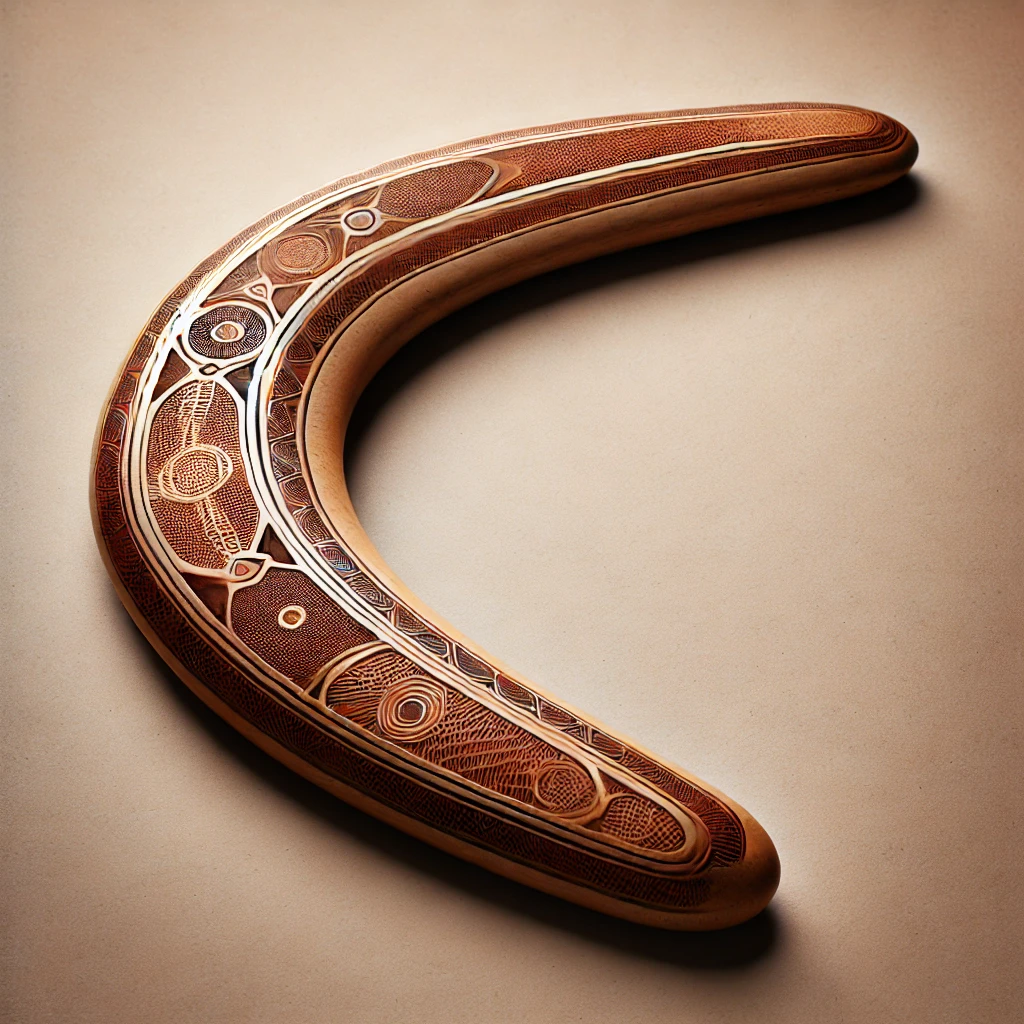Are You in an ADHD-ADHD Relationship? You’re Not Alone

Introduction to ADHD-ADHD Relationships
Have you ever wondered why adults with ADHD often find themselves in relationships with other people who also have ADHD? It’s not just coincidence; it’s part of a pattern called assortative mating, where people are drawn to partners with similar characteristics. This tendency to choose partners who share certain traits, such as ADHD, is prevalent in ADHD adults (Steele, Wymbs, & Capps, 2022). Let’s explore why this happens, how it affects ADHD-ADHD relationships and practical strategies that can help these couples thrive.
Understanding Assortative Mating in ADHD Relationships
Assortative mating is common beyond ADHD and applies to other areas like personality, intelligence, and even lifestyle preferences. People may be naturally drawn to partners with similar traits because shared characteristics create a sense of validation, comfort, and mutual understanding. This can be an evolutionary or social tendency, helping people form bonds based on similarities and shared experiences. For adults with ADHD, this often results in “ADHD-ADHD” relationships, where both partners share similar behaviors and challenges. Research shows that ADHD appears in romantic partners at much higher rates than expected by chance.
For example, a study found that 67% of adults with ADHD were in relationships with someone who had significant ADHD symptoms—a huge contrast to ADHD’s general population rate, which is only 2.5% to 4.4% (Wymbs & Molina, 2015, as cited in Steele et al., 2022). In another study, over 90% of ADHD adults reported that their partners showed multiple signs of inattention or hyperactivity (Steele et al., 2022). These trends show how common ADHD-ADHD relationships are and how they often foster deep emotional connections.
Why Do People with ADHD Often End Up with Similar Partners?
Developmental Factors Shaping Partner Choice
Early life experiences might explain why people with ADHD often partner with others who also have ADHD. Many children with ADHD face social challenges, like peer rejection or misunderstandings from others, which can affect how they choose partners as adults. As children, they may have formed close bonds with others who shared similar experiences of feeling misunderstood. This natural bond can carry into adulthood, making them more likely to connect with partners who understand ADHD-related challenges (Hoza, 2007).
Emotional Connection: Shared Understanding in ADHD-ADHD Relationships
One of the strongest pulls in ADHD-ADHD relationships is the sense of empathy. When both partners have ADHD, they share a unique, mutual understanding. This bond can foster a deep emotional connection where both feel genuinely seen and validated.
Unique Benefits of Empathy in ADHD Relationships
- Reduced Conflict: ADHD-ADHD couples often experience fewer misunderstandings because both partners “get” each other’s quirks and challenges. For instance, if one partner forgets an appointment, the other is likely to respond with patience instead of frustration.
- Strength in Vulnerability: Both partners may feel safer being open and honest, knowing their experiences won’t be judged. This emotional safety encourages a foundation of trust and open communication.
The Ups and Downs of ADHD-ADHD Relationships
While shared empathy and understanding create many positives, ADHD-ADHD relationships can also come with unique challenges. Here are some dynamics that such couples may face:
Balancing Creativity and Chaos
- Creative Energy and Spontaneity: ADHD can bring a lot of creativity and spontaneity into relationships. Many ADHD couples inspire each other, finding ways to keep their partnership exciting and fresh.
- Adaptability and Problem-Solving Skills: ADHD couples often become skilled at problem-solving and adapting to change. They can tackle daily challenges and build a resilient, flexible relationship by working together.
- Resilience Through Shared Experiences: The shared experiences of ADHD help couples develop a strong sense of teamwork. Humor and empathy are coping tools that help them manage stress as a united front, strengthening their bond over time.
Challenges with Organization and Impulsivity
Conversely, impulsivity and disorganization can create stress, especially when both partners share these traits. Couples might experience “double the chaos” when these challenges combine, but by working together, they can often find systems that work for both.
Long-Term Impacts on Relationship Quality and Stability: Research suggests that ADHD-ADHD relationships can bring unique challenges over time, especially if emotional regulation and impulsivity remain unaddressed. Although shared empathy may reduce conflict, ongoing issues like forgetfulness, impulsivity, and high emotional intensity can impact relationship satisfaction and stability if unmanaged. Couples may find that learning shared coping skills can be key to sustaining a stable relationship in the long run.




